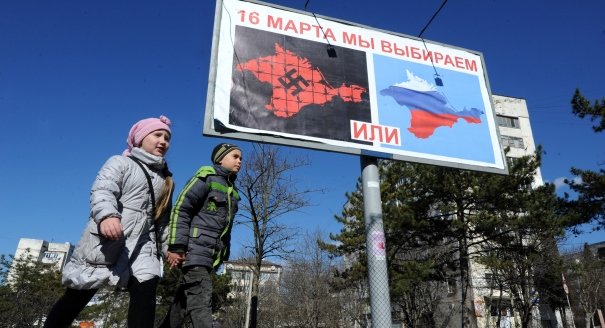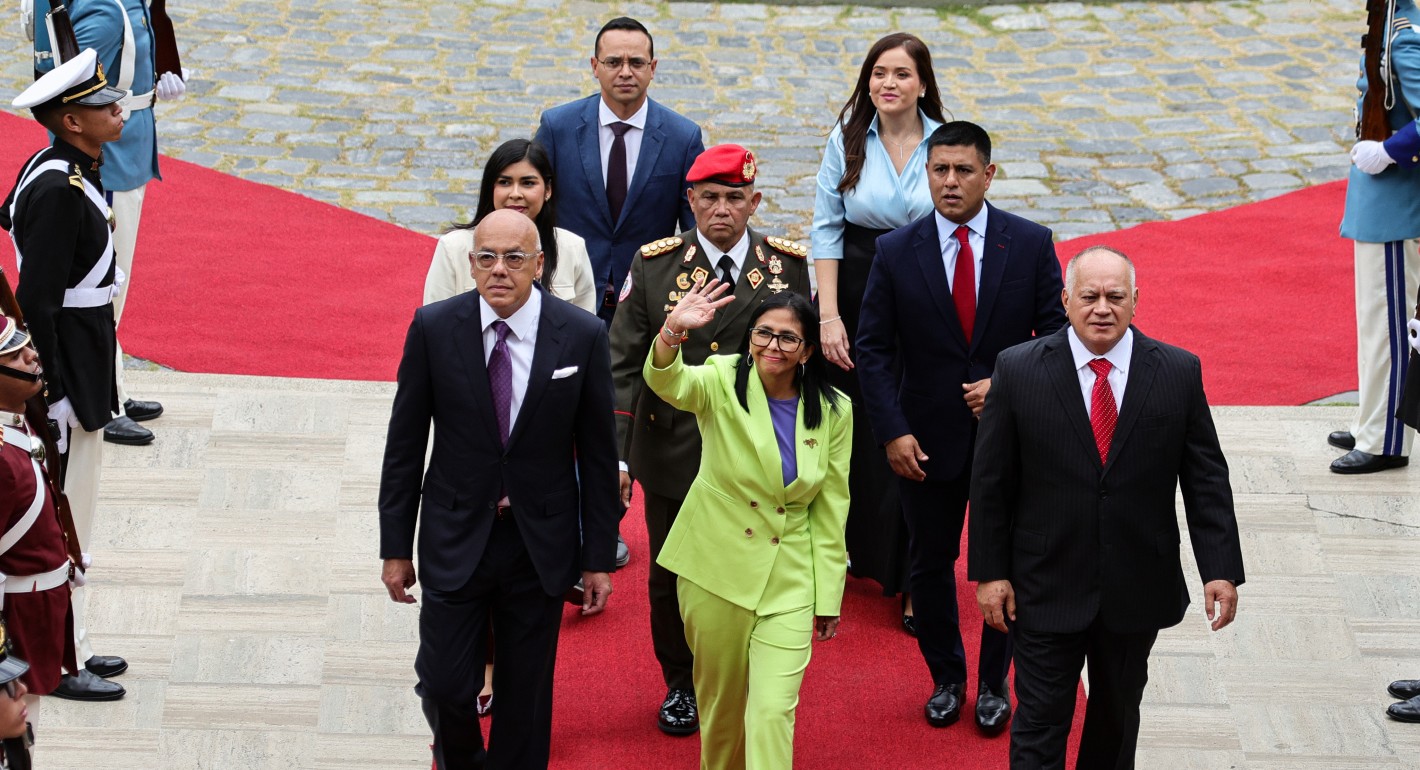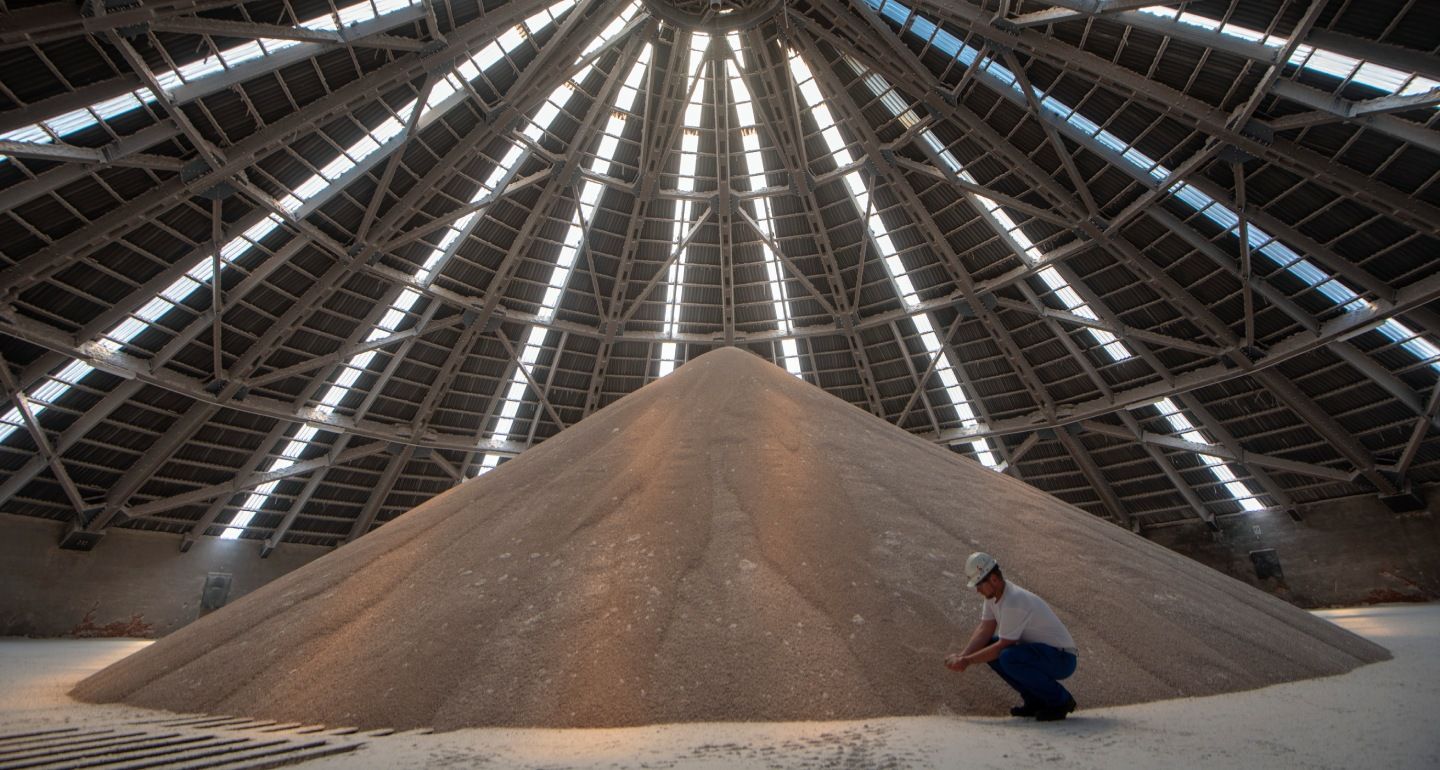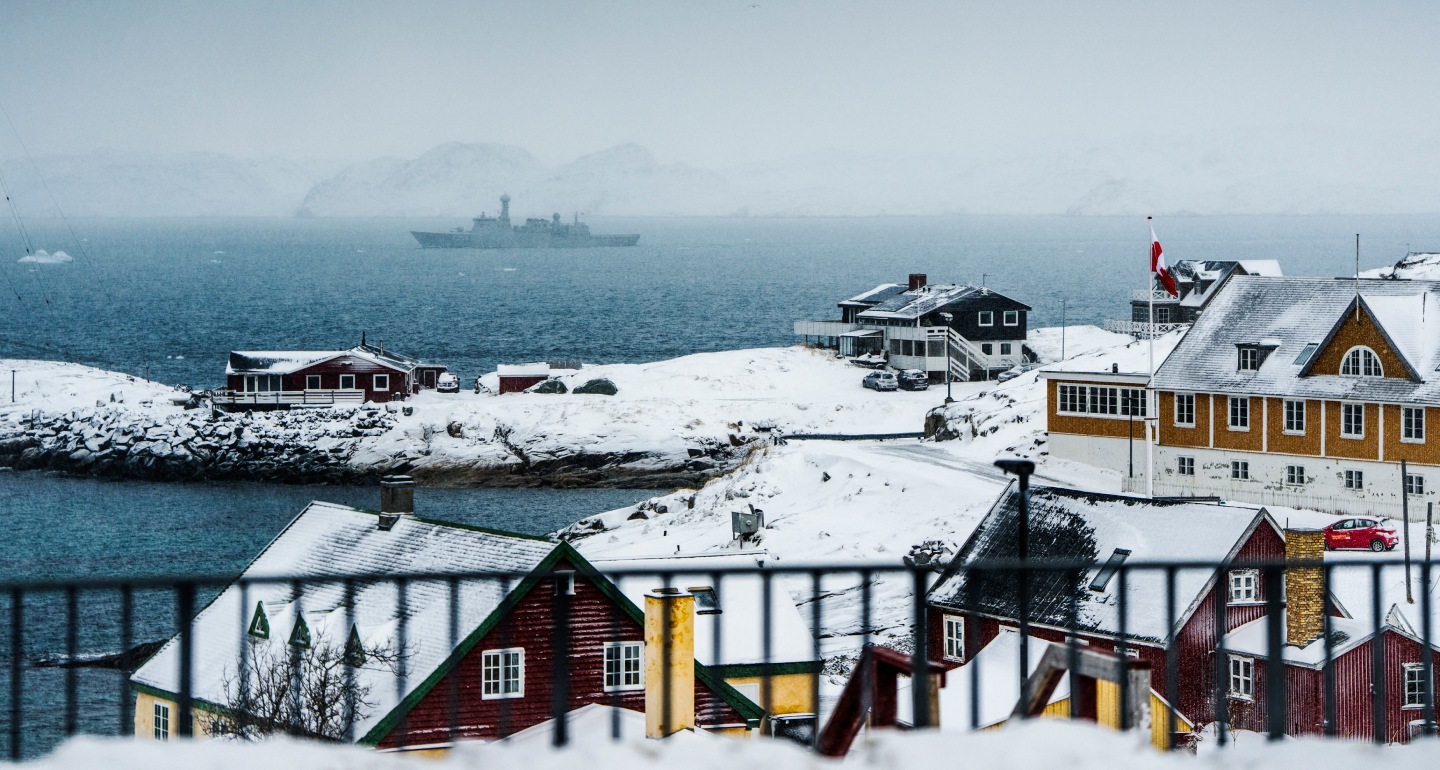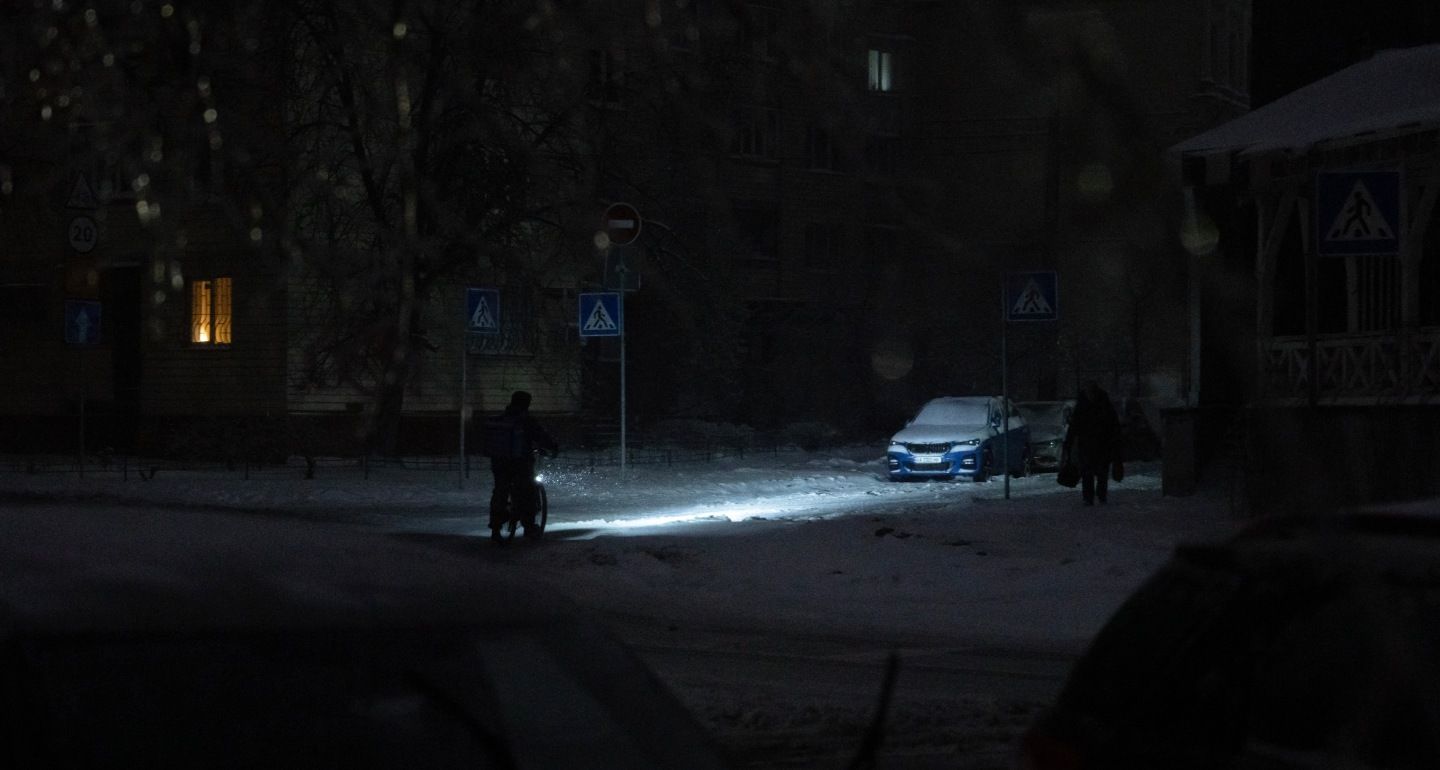Source: Al Jazeera America
In his speech to the Russian parliament on Tuesday, Vladimir Putin moved to include Crimea in the Russian Federation. At the same time, he said Moscow had no intention to move into southeastern Ukraine or to support a “Crimea scenario” there. The situation, however, is fast unfolding, and the crisis that led to the toppling on Feb. 21–22 of Ukrainian President Viktor Yanukovich is far from over.
Over the past four weeks, Russia’s foreign policy and its relations with the United States and the European Union have been fundamentally transformed. Even if historical analogies are often tricky, Russia and the West have entered something that can be described as a
new cold war.
Neither side has thus far developed a strategy for dealing with the other in this new scenario. The Russian approach, however, is basically clear. Putin, who in a 2006 address to the Russian parliament famously described the breakup of the Soviet Union as a major catastrophe, sees himself as repairing the damage done a quarter century ago by the last Soviet leader, Mikhail Gorbachev, and the first Russian president, Boris Yeltsin.
To Putin, eastern Slavs — Belarusians, Ukrainians and Russians — are part of an Orthodox Christian civilization closely tied by the bonds of ethnicity, language, culture and shared history. To the Russian leader, they are all one people.
During the Ukraine crisis, however, Putin has for the first time publicly described ethnic Russians as a divided nation — a description previously avoided so as not to alarm neighboring countries whose borders with Russia create those divisions. Putin used the idea of reuniting Russians to rationalize incorporating Crimea within the Russian Federation. He also noted that southeastern Ukraine, from Odessa to Kharkiv, was originally southern Russia and is still home to millions of ethnic Russians. ...
Read the full text of this article on Al Jazeera America.
